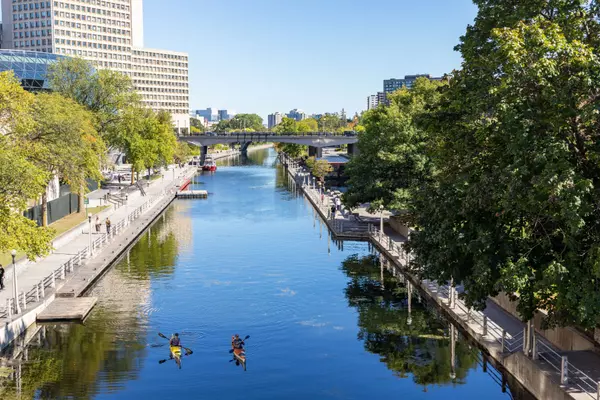
Getting the best price for your Home
In a competitive real estate market like Ottawa, achieving the best price for your home can be a bit of a challenge. However, with the right strategy, you can make your property more appealing to potential buyers and increase your chances of getting your desired price. To kick things off, it's usefu

Living In Ottawa
If you're considering making Ottawa your new home, then you're in for a treat. Living in Canada's capital city comes with a unique blend of urban lifestyle, cultural experiences, and outdoor adventure. Whether you're a buyer looking to invest in real estate or simply want to know more about the life

The Ins And Outs Of Buying a Home
Purchasing a home is a major decision and investment. It's an exciting journey that can also be filled with uncertainty. Whether you are purchasing your first home or investing in a property, understanding the ins and outs of the home buying process can help you make better, more informed decisions.

